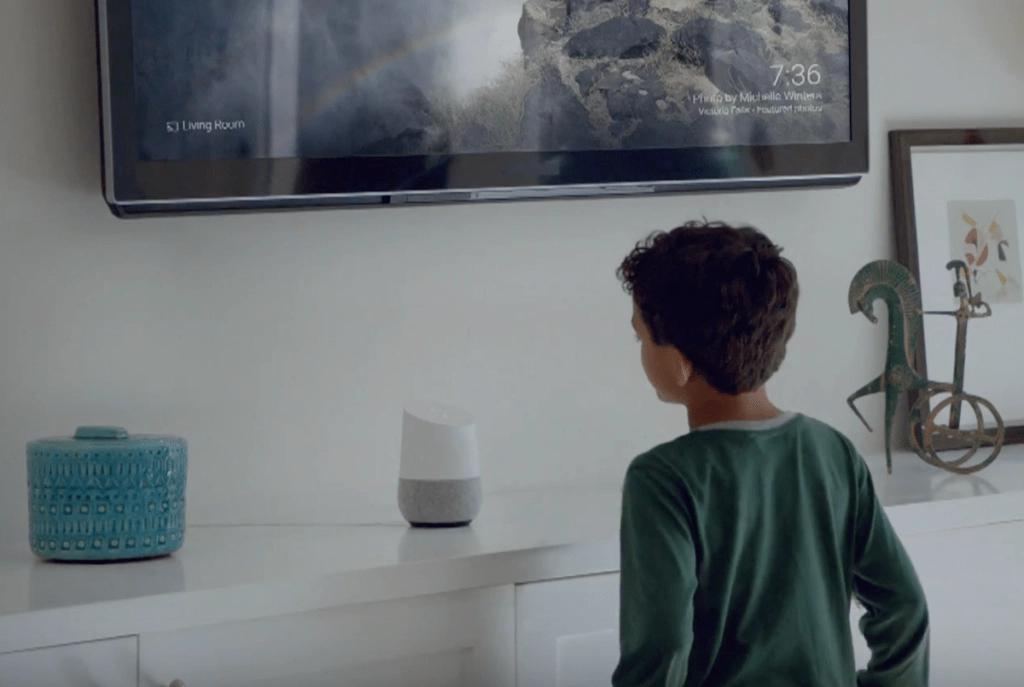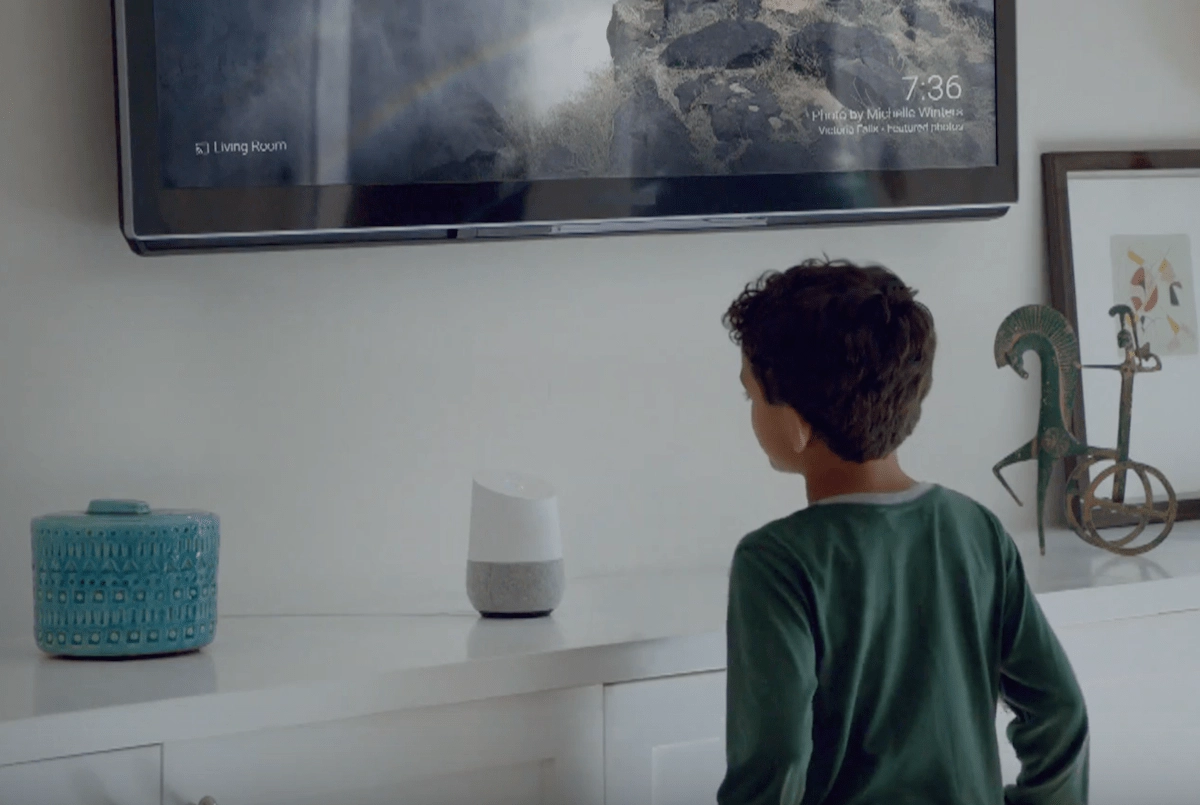Whether they’re called Google Home, Alexa, Siri or Cortana, virtual assistants will be (and already are) the technology consumers will be interacting with when they search for products and services, read the news or want entertainment. The era of the virtual assistant is subtly replacing the mobile search era, with voice as its leading argument.
You can read stories about people chatting at home only to be interrupted by ‘a woman’s voice in the next room’.
On a website dedicated to emerging issues faced by retailers, you can also read about a six-year-old who was easily able to order a doll house and several books on how to make cookies while interacting with Alexa, her father’s Amazon assistant. Funnier still, when a local television station aired a segment about this story, the same thing happened to viewers who were watching (the reporters used similar words, which activated the virtual assistants).
Another event took place during the Super Bowl. When an advert for Google Home was shown, virtual assistants in millions of American homes came to life when the actors said lines like “OK, Google, turn on the hall lights. What’s the weather? Turn up the music!”
And then in another register, there are also videos of virtual assistants engaged in seemingly endless ‘conversations’ with each other. These images show us that on top of answering a multitude of requests, these objects also have a ‘personality’ all their own. Could they be a bit more than just machines?




